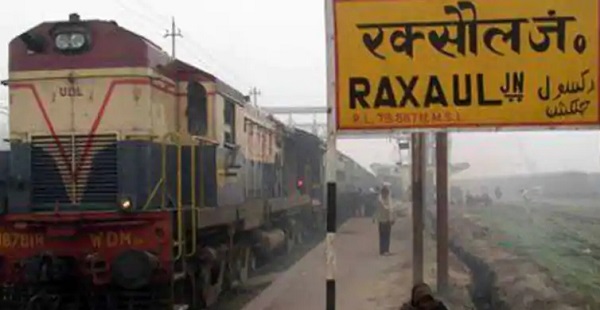New Delhi, (Samajweekly) Rail operations between India and Nepal on Friday got a major boost with the authorisation of all cargo train operators to utilise the Indian Railways network for carrying containers bound for the neighbouring country.
The Railway Ministry said in a statement that these containers could be bilateral freight between India and Nepal or third country freight from Indian ports to Nepal.
It said that this liberalisation will allow market forces to come up in the rail freight segment in Nepal, and is likely to increase efficiency and cost-competitiveness, eventually benefiting the Nepalese consumers.
The ministry said that these cargo train operators include public and private container train operators, automobile freight train operators, special freight train operators and any other operator authorised by the Indian Railways.
The ministry said that the wagons owned by the Nepal Railway Company will also be authorised to carry Nepal-bound freight (inbound and outbound on Kolkata/Haldia to Biratnagar/Birganj routes) over the Indian Railways network as per its standards and procedures.
The signing of this Letter of Exchange (LoE) marks another milestone in India’s efforts to enhance regional connectivity under the ‘Neighbourhood First’ policy, it said.
“After this LoE, all kinds of cargoes in all categories of wagons that can carry freight on Indian Railways network within India can also carry freight to and from Nepal,” the ministry said.
It said that the move will reduce transportation cost for automobiles and certain other products whose carriage takes place in special wagons.
In 2004, a Rail Services Agreement was executed for the introduction of freight train service between the two countries — to and from Birgunj (Nepal) and Raxaul (India).
According to the Railway Ministry, the rationale behind this agreement was that since there was no rail movement between the two countries, a framework was required for the operational and commercial aspects as well as procedures for Customs clearances for rail cargo.
Since then, various developments have taken place, which required changes to the Rail Services Agreement (RSA).
There is a provision in Article 1.4 of the RSA that ‘the agreement shall be reviewed every five years and may be modified by the contracting parties by mutual consent’.










